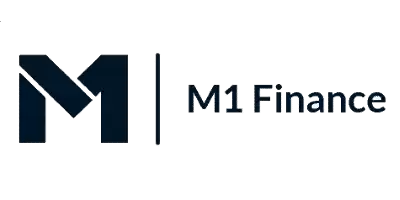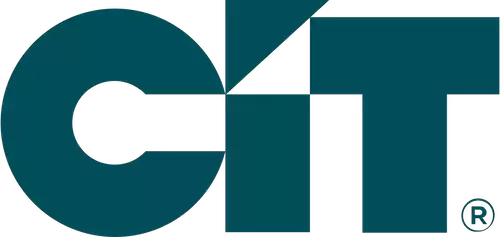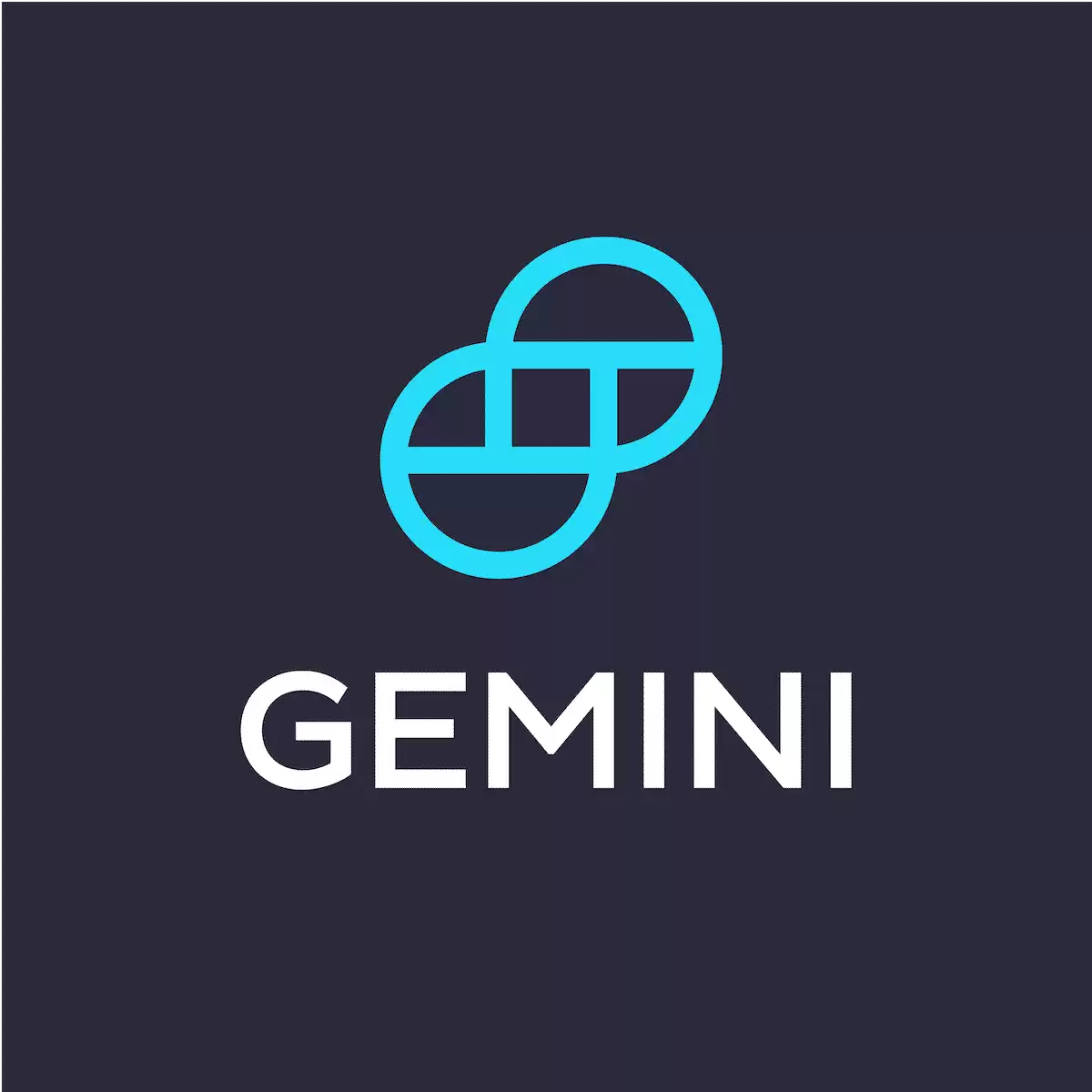A little someone named Warren Buffett (ever heard of him?) has often expounded on the benefits of long-term investing, having once said:
“Our favorite holding period is forever.”
And yes, the benefits of long-term investing— normally meaning ten years or more—are numerous and well-documented. A well-structured, diversified portfolio might include a mix of assets suitable for long-term goals, unflashy but potentially less volatile.
What Are Short Term Investments?
That said, short-term investments can be a strategic way to potentially grow a certain amount of money for short term goals. The key term here is “a certain amount.”
You shouldn’t even remotely think about putting all of your retirement savings into short-term investments, as the point of a short-term investment is to pull out your money in five years or less.
Usually, people put money into short-term investments when they’re saving for a specific goal, like a down payment for a house, a holiday, or maybe a wedding.
And when you’re looking at short-term investments, it’s probably not a bad idea to stay away from hot, trendy stock that everyone can’t stop talking about—looking at you, cryptocurrency, or at the very least set yourself a budget (which you should be doing anyway) and invest an amount you’d be comfortable theoretically losing.
For all other short-term investments, you’re going to want to look for something with low risks and a history of steady returns.
With that being said, here are some short-term investment ideas to get those savings goals off the ground.
1. Investing through a Broker

If you do want to go down the traditional investing route (ie. stocks and bonds), then you can get started by finding a brokerage.
If you thought you might need a small fortune to get begin investing – think again. Many online providers offer little to no account minimum so you could even start investing with $5.
One of the good things about investing through a brokerage or online advisor is that you can keep your costs down quite significantly (thereby leaving you with more money to invest and reap returns from).
The best robo-advisors such as Titan, M1 Finance, and SoFi will invest your money in low-cost ETFs (a fund of stocks and bonds), and since your portfolios are managed by an algorithm instead of an actual human, your management costs are much lower.
|
MMG Rating:
4.6
|
MMG Rating:
4.7
|
MMG Rating:
5.0
|
|
Pros:
|
Pros:
|
Pros:
|
|
Fees:
1%
|
Fees:
0%
|
Fees:
0%
|
|
Account Minimum:
$100
|
Account Minimum:
$100
|
Account Minimum:
$0
|
Brokerages allow you to choose your own stocks and bonds and make traded yourself. Going down the self-directed path might be useful for expert investors or those keen to learn or dabble.
The only thing to keep in mind when investing in stocks or ETFs for short-term purposes is that you would perhaps want your portfolio to lean more heavily towards bonds instead of stocks as they could be less prone to swings.
In the short term, stock prices can be rather volatile and the risk of losses may be greater. Bonds, on the other hand—both municipal and corporate—tend to be associated with assuming lower risk.
2. Money Market Accounts

Money market accounts are another type of bank account that allows you to deposit a certain amount and earn interest on that amount.
Think of a money market account as something halfway between a checking account and a savings account.
The interest you get paid on a money market account is usually based off of the current interest rates in the money markets.
And because money market accounts calculate interest based on how much you have in your account as opposed to how long you leave it in the account, it can be a popular option for those who want to grow larger amounts of money.
As opposed to other options on this list, you can also access your funds whenever you like with an account like the CIT Money Market Account.
Experience a convenient and secure all-digital way to grow and access your money. Earn a competitive interest rate. Easily pay people and bills, with no monthly fees.
3. Certificate of Deposits
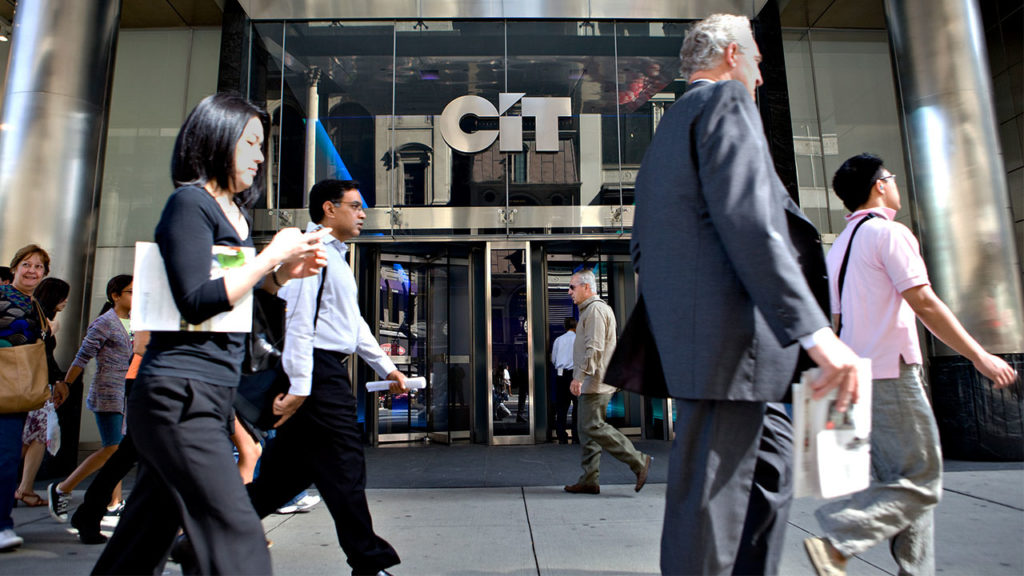
Certificates of Deposit (CDs) function as loans that you give to a bank, but unlike with traditional savings accounts, you’re not able to access your funds for a determined period of time.
In exchange, you can expect higher returns (some even pay over 3% annually). The longer you keep your money in a CD, the higher your return rate will probably be, and average lengths are usually 3 to 5 years.
You can technically withdraw your money before the agreed upon date, but you’ll be facing an early withdrawal fine which could invalidate this whole “growing money” thing you’re trying to do.
CIT Bank CDs provide a safe, secure way to grow your savings. Choose from a selection of CD rates and terms to help you stay on target for your savings goals.
4. Municipal Bonds

Municipal bonds are issued by local or state governments and function as loans (see a pattern?) you give to the government so that they can complete public projects like expanding infrastructure or building new schools. In return, you get to collect interest.
The nice thing about municipal bonds is that the interest earned is usually exempt from federal taxes and in some cases even state taxes, and the bonds are backed by government entities.
This means municipal bonds are usually considered to be low-risk (although not altogether risk-free; there’s always the chance of a government or any other backing entity defaulting).
Like many other options in this article, your money tends to be locked in for a 3 to 5 year period.
5. High-Yield Savings Accounts

Most savings accounts tend to have abysmal interest rates, but online-only banks have started offering high-interest savings accounts that offer more competitive returns.
That’s because online financial institutions have relatively few overhead costs in comparison to brick-and-mortar banks (no extra rent for branches, for example) and can pass those savings on to you in the form of higher interest rates.
Although a savings account is not a traditional investment, keeping your money in cash might not be a bad idea, especially for very short-term goals. You can find high-yield savings accounts online that pay much more than standard deposit accounts. See some of my top picks below:
|
APY: 5.00%
|
APY: 4.65%
|
APY: 4.60%
|
APY: 4.50%
|
APY: 4.40%
|
|
Minimum to Earn APY: $5,000
|
Minimum to Earn APY: $100
|
Minimum to Earn APY: $1
|
Minimum to Earn APY: $100
|
Minimum to Earn APY: $0
|
|
Bonus: N/A
|
Bonus: N/A
|
Bonus: $300
|
Bonus: N/A
|
Bonus: N/A
|
Some high-yield savings accounts even have annual interest rates of 5% and above, which is way higher than the normal 0.03% you can usually expect from regular savings accounts.
There are also accounts that provide higher yields than standard savings accounts by actually investing your money in ETFs that consist of government bonds. Call them a “lower risk” savings vehicle if you like.
The extra few percentage points could amount to a decent amount of money over a number of years.
6. Crypto Savings Accounts

Why bother putting money in a traditional savings account? At a .25% interest rate, you might as well hide it under the mattress. But a crypto savings account? You could earn a nice chunk of change fairly quickly.
Of course, rates will vary, but it’s not unusual for crypto interest accounts to generate high yields between 4% to 8%. And they can go much higher. It’s your best chance to increase the overall return on your investment portfolio.
But, before you go all-in with your BTC and ETH, you’ll want to have the information you need to make a good decision. It’s your hard-earned cash, after all. No one knows for sure what the demand will be next month, or tomorrow for that matter. And there are some inherent risks.
Not just any old cryptocurrency account will do. We know you’ll want to be selective. That’s why we’ve rounded up the best of the best crypto exchanges and found Gemini Earn to the best option.
Gemini mobile app is top-rated, secure, and easy to use for the essentials like making a trade or linking to external bank accounts. There’s a nice selection of educational resources. It also has low fees, a good selection of cryptos, and a solid yield on stablecoins.
Gemini has its own stablecoin, GUSD. The current APY for Gemini crypto interest accounts is up to 8.05% and compounded daily.
Put your crypto balance to work. With Gemini Earn, you can receive up to 8.05% APY on your cryptocurrency, including stablecoins.
7. Corporate Bonds

If you want to supplement municipal bonds with the private sector, corporate bonds are another option.
The difference is that corporate bonds are not backed by government entities, so you’ll want to research the companies you’re investing in (which is not a bad practice in general) to make sure they have a history of steady returns.
Nonetheless, bonds tend to be considered a low-risk investment options, especially when you’re only investing in them for a short-term period (under five years).
8. Treasuries
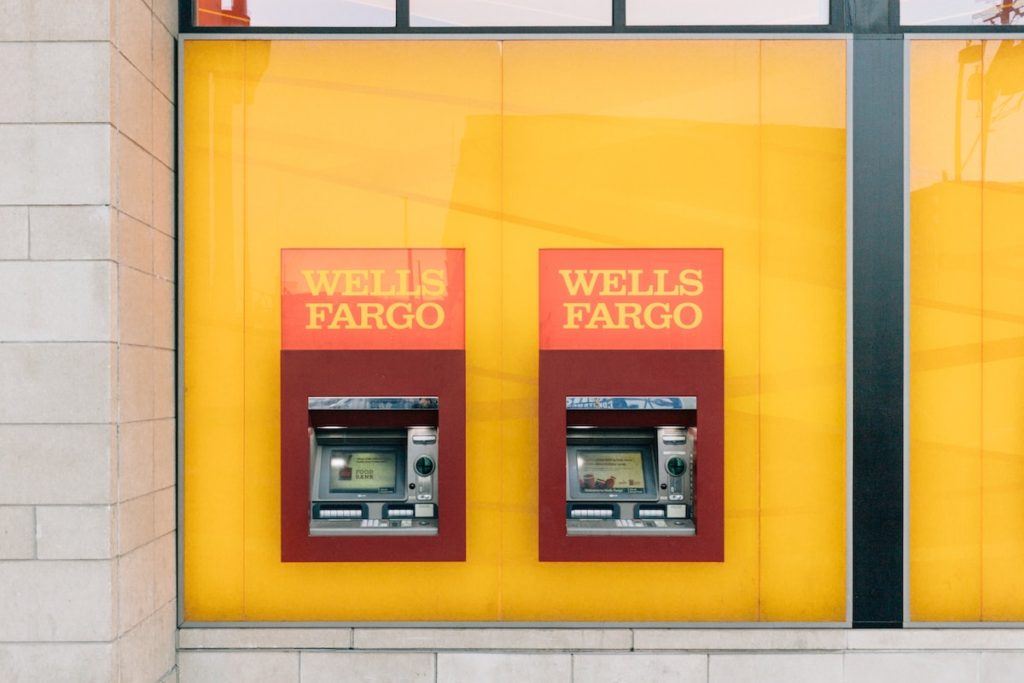
Another bond-oriented option are treasury bonds. Treasuries are bonds issued by the United States Treasury. They’re considered one of the most stable investment options because they’re backed by the United States federal government.
Treasuries have held up through recessions, wars, and other crises, so they tend to be considered quite safe in terms of getting the total of your investment back.
There are a couple of different kinds of treasuries depending on how long you want to have your funds locked up. They’re called T-bills, T-bonds, and T-notes, and offer different levels of returns and are held for varying amounts of time. T-bills
are usually only held up to a year, whereas T-notes are held for two to 10 years. T-bonds can be held for 10 years or more.
The Final World
Here’s the takeaway: As with any investment choice, the smartest approach is spreading your money out across various assets (with varying goals).
Also always remember that risk is an inherent part of investing, no matter what asset you invest in or how long you hold your investments.
But part of a diversified investing and saving strategy is identifying short-, mid-, and long-term financial goals and planning accordingly.


